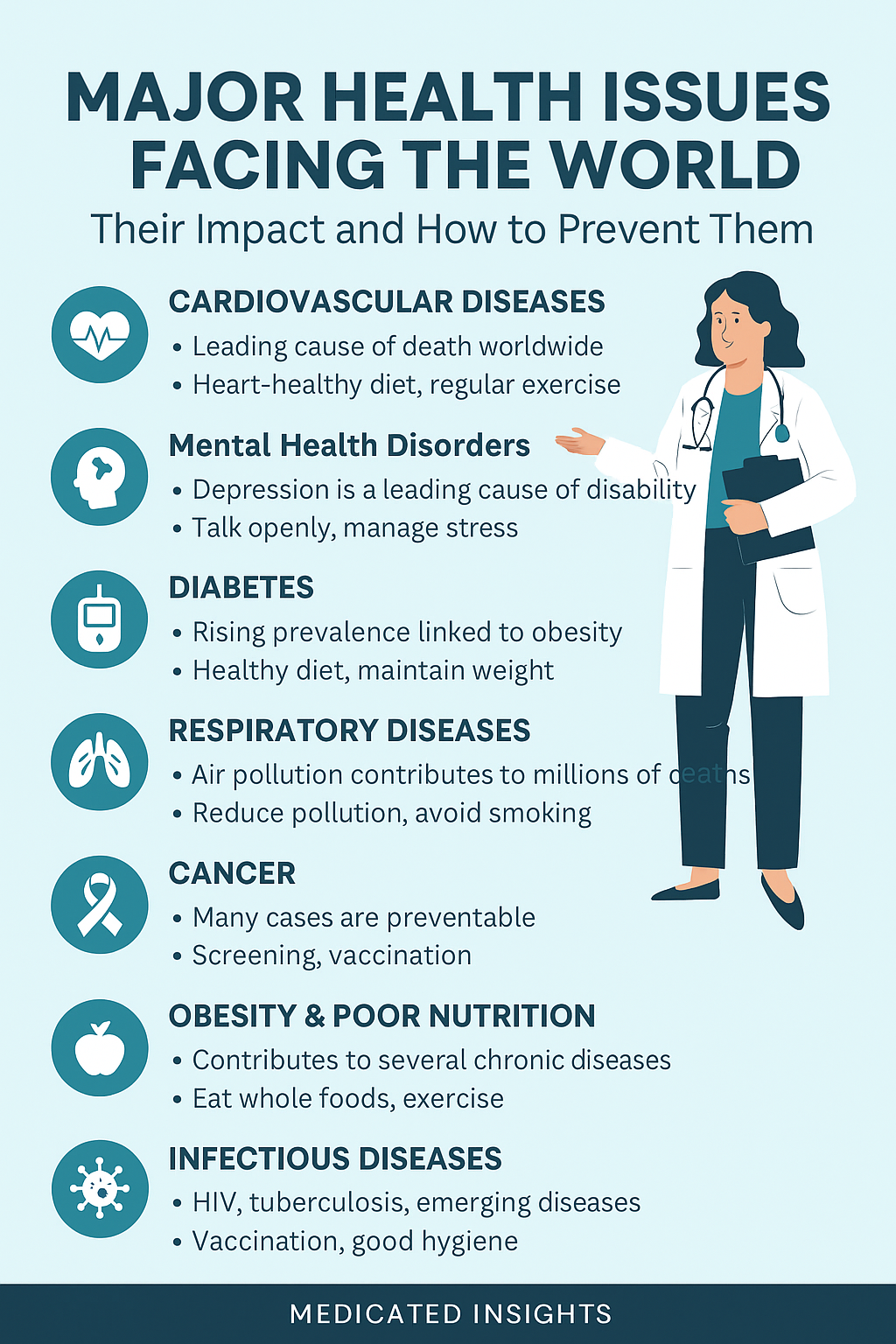In the realm of infectious diseases, respiratory illnesses caused by influenza viruses remain a significant global concern. The flu, a contagious respiratory disease, can have a profound impact on individuals and communities.
Recognizing the symptoms is crucial for timely intervention and preventing the spread of the virus. In this blog, we’ll delve into the symptoms of contagious respiratory diseases caused by influenza viruses and address common questions surrounding these infections.
Symptoms of Contagious Respiratory Diseases
Fever and Chills:
- One of the hallmark symptoms of influenza is the sudden onset of fever and chills. Elevated body temperature is the body’s natural response to infection, as it creates an inhospitable environment for viruses to thrive.
Coughing and Sneezing:
- Influenza viruses primarily target the respiratory system, leading to a persistent cough and frequent sneezing. These actions help the virus spread through respiratory droplets, making it highly contagious.
Sore Throat:
- A scratchy or sore throat is a common symptom of respiratory infections. The influenza virus can cause irritation and inflammation in the throat, contributing to discomfort and pain.

Muscle and Joint Pain:
- Influenza often brings about muscle and joint pain, leaving individuals feeling fatigued and achy. This symptom can significantly impact daily activities and contribute to an overall sense of weakness.
Headache:
- Intense headaches are another symptom associated with influenza. The virus can lead to inflammation in the blood vessels, causing throbbing headaches that may persist throughout the illness.
Fatigue:
- Overwhelming fatigue is a prevalent symptom of contagious respiratory diseases caused by influenza viruses. The body expends a considerable amount of energy fighting the infection, leaving individuals feeling drained and lethargic.
Nasal Congestion:
- Influenza viruses can cause nasal congestion and a runny nose. These symptoms, while common in other respiratory infections, contribute to the overall discomfort experienced by individuals with the flu.
Shortness of Breath:
- Severe cases of influenza may lead to shortness of breath, especially in individuals with pre-existing respiratory conditions. This symptom requires prompt medical attention.
FAQs Related to Contagious Respiratory Diseases
How is the flu different from the common cold?
- While both the flu and the common cold are respiratory infections, they are caused by different viruses. The flu is typically more severe, with a sudden onset of symptoms, whereas cold symptoms develop gradually.
How does the flu spread?
- The flu primarily spreads through respiratory droplets produced when an infected person coughs or sneezes. It can also spread by touching a surface or object contaminated with the virus and then touching the face.
What is the incubation period for the flu?
- The incubation period for the flu is usually one to four days. During this time, individuals may be infected but not yet show symptoms.
Who is at high risk for complications from the flu?
- Certain populations, such as young children, elderly individuals, pregnant women, and those with underlying health conditions, are at a higher risk of developing complications from the flu.
How can I protect myself from the flu?
- The most effective way to prevent the flu is by getting vaccinated annually. Additionally, practicing good hygiene, such as frequent handwashing and avoiding close contact with sick individuals, can help reduce the risk of infection.
When should I seek medical attention for the flu?
- If you experience severe symptoms such as difficulty breathing, persistent chest pain or pressure, confusion, sudden dizziness, or severe vomiting, seek medical attention immediately. High-risk individuals should also consult a healthcare professional promptly.
Can antiviral medications treat the flu?
- Antiviral medications can be effective in treating the flu if taken early in the course of the illness. These medications can help reduce the severity and duration of symptoms.
How long should I stay home if I have the flu?
- It is advisable to stay home until at least 24 hours after your fever has resolved without the use of fever-reducing medications. This helps prevent the spread of the virus to others.
Conclusion
Contagious respiratory diseases caused by influenza viruses pose a significant health threat globally. Recognizing the symptoms and understanding how these viruses spread is essential for both individual and public health.
By staying informed and following preventive measures, we can collectively work towards minimizing the impact of these contagious respiratory diseases on our communities.





